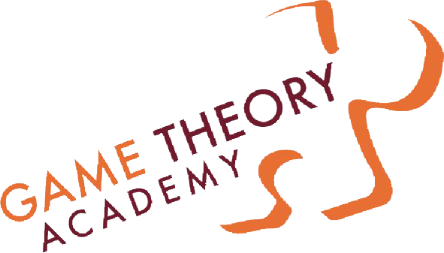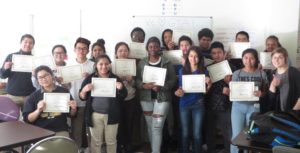On the first day of Game Theory Academy we always ask students if they think that the US economy is fair. Typically I get a variety of answers, students who believe that our economy works and distributes wealth to those who work hardest for it and others who think that the economy is unfair, particularly to certain groups.
In my last class, however, my first class since Trump was elected President, my students were incredulous that I even dared to ask such a question.
As young people of color they have been experiencing the systematic inequality of the US economy their entire lives, and with a new elitist President articulating policies against their families and their best interest, my students couldn’t fathom arguing that the economy is fair. One student in particular, Ismael, could hardly contain his frustration and anger at the question. When I pressed to find out more about his beliefs around the unfairness of the economy, he said that the US doesn’t look out for people like him, that the 1% have most of the wealth and want to keep it that way. I used this opportunity not only to validate his point but to illustrate the importance of teaching decision making and money management to youth of color.
“If we agree the economy is unfair, what can we do, then, to make sure that we aren’t getting taken advantage of?”
The room went silent. My students were quick to articulate the problems with the system, all the ways that they had been wronged by the system, but few would speak out about what needed to change to make it work better for the individuals involved. “You’re doing it right now,” I told them. “You’re educating yourselves to be better consumers, to make the best decisions with your money. If anyone is going to change this unfair system, it’s you.”
This statement made Ismael light up – he patted his chest and looked around the room. He appeared ready for battle. While many aspects of my student’s lives have become harder since the election, one silver lining for myself as a teacher has been the recent ease of illustrating for my students that that they must constantly looking after themselves, by making the decisions that are in their best interest. They understand this to be true because they have seen a shift towards a world where security is less certain, where the interests of the few are prioritized over the interests of the whole.
Now, more than ever before, my work teaching at Game Theory Academy feels more tangible as an act of social justice. I am proud to be educating a new generation of young people about how to game the systems they live in, how to take care of themselves first, and how to work together to envision an economy where fairness comes first.

